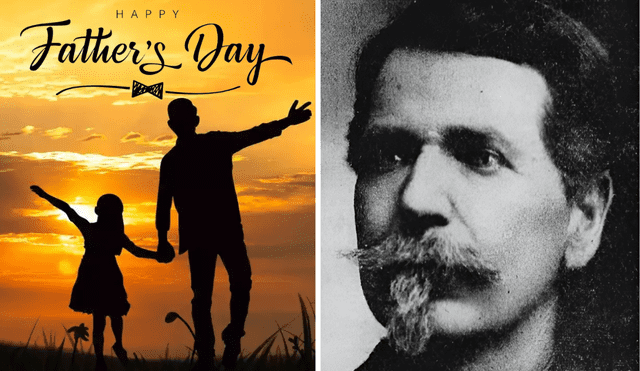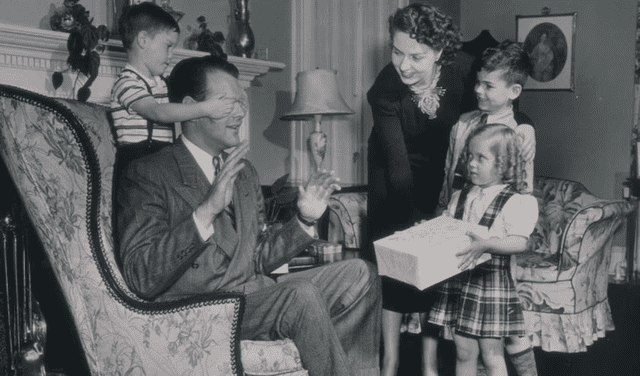The Civil War father who inspired the global Father’s Day celebration
William Jackson Smart raised six children alone and inspired his daughter to propose Father’s Day in 1910.

Father's Day as we know it originated with a Civil War veteran, William Jackson Smart, who brought up his six kids on his own after the death of their mother. His determination to be the best parent he could be acted as the cornerstone for what would become a recognized holiday worldwide.
The Catholic Church had long recognized the significance of fatherhood on March 19 in the honoring of St. Joseph, but Smart's daughter would give the world to modern Father's Day, wanting to honor the dedication of fathers in the same manner as her own.
The woman behind the first Father’s Day
Sonora Smart Dodd was changed herself by the upbringing she had, as she wanted to pay public tribute to her father who raised her and her siblings alone after their mother died. Seeing her father have to be both mother and father Christoph ommited from her when she was growing up, made her believe fathers also deserved public recognition.
In 1910, she had written a formal request to the clergy of Spokane, Washington to suggest that a day be set aside to honour fatherhood. The churches response was quite favourabe, and the idea quickly found its way into the community in Spokane, and in June of that year the first official observance of Father's Day.

Father's Day is a holiday that has been celebrated since June 19, 1910 and became official in 1972 in the United States. Photo: ABC News
A grassroots tribute that sparked a tradition
Once Spokane's local clergy got on board, the idea was soon received attention outside the city. The idea of a father of six children sharing a story was one that told to families in America.
Dodd continued to spread the initiative through newspapers and received letters expressing to her the appreciation for this story and initiative. What started as a recognition of a man's sacrifice gradually developed into a larger recognition of fatherhood that would, many decades later, become a national tradition.













